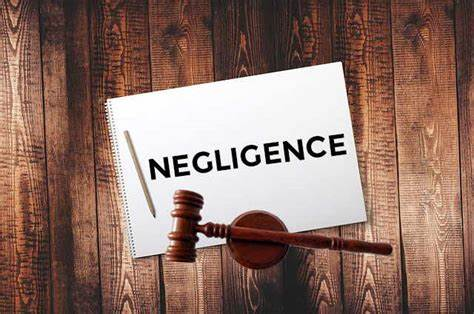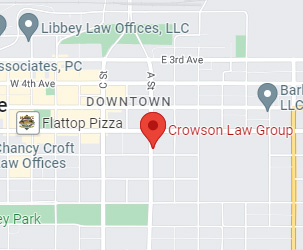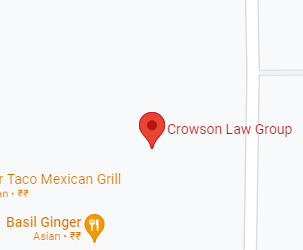Negligence, The “Duty of Care,” and Fault for an Accident

Negligence is a legal concept that refers to a person’s failure to exercise reasonable care in a particular situation. When someone’s negligence results in an accident or injury to another person, the injured party may be able to recover compensation for their damages.
The “Duty of Care” In a Personal Injury Case
The “duty of care” is a legal obligation that requires individuals to act reasonably when performing actions that could foreseeably harm others. This duty of care applies to many situations, including driving a car, operating heavy machinery, or providing medical care.
For example, if a driver is texting while driving and causes an accident that injures another person, they may be found to have breached their duty of care. The injured party may be able to recover compensation for their damages, including medical bills, lost wages, and pain and suffering.
In personal injury cases, the plaintiff must prove that the defendant breached their duty of care and that this breach caused their injuries. This can be a complex process that requires the assistance of an experienced personal injury attorney.
What Is “Reasonable” When It Comes to Negligence?
To determine whether someone has been negligent, the court will consider whether their actions were reasonable. This means the court will examine what a reasonable person would have done in the same situation.
For example, if a driver is driving in heavy rain and fails to turn on their headlights, they may be found to have breached their duty of care. A reasonable person would have turned on their headlights in these conditions to ensure they could see and be seen by other drivers.
Keys to a Negligence Case
Several basic principles must be followed to obtain fair compensation in a negligence case. These include:
- Duty: The defendant must have owed a duty of care to the plaintiff.
- Breach: The defendant must have breached their duty of care.
- Causation: The defendant’s breach of duty must have caused the plaintiff’s injuries.
- Damages: The plaintiff must have suffered damages due to the defendant’s breach of duty.
If your lawyers in Anchorage, AK, could prove all these elements, you could recover compensation for their damages.
Are There Different Types of Negligence?
Here are some explanations of different types of negligence:
- Ordinary Negligence: This is run-of-the-mill carelessness. It occurs when someone fails to take reasonable care to avoid injuring someone else.
- Contributory and Comparative Negligence: These apply when the person bringing the injury claim might share some fault for the underlying accident or incident. In states that follow a pure comparative negligence approach, compensation is awarded based on the allocation of fault. For example, if a plaintiff is awarded $40,000 in damages but found 50% at fault for their injuries, they would only receive $20,0001.
- Vicarious Negligence occurs when one person’s negligence can be passed on to another party. For example, an employer may be held liable for the negligent actions of their employees.
- Gross Negligence: This is a higher degree of negligence beyond ordinary carelessness. It occurs when someone acts with reckless disregard for the safety of others. Examples include driving under the influence of drugs or alcohol or performing surgery while intoxicated.
Negligence is an important legal concept that can have significant consequences in personal injury cases. A personal injury lawyer can help you understand the “duty of care” and how it applies in different situations. They can also help you protect your rights and ensure you receive the compensation you deserve if you’ve been injured in an accident.


